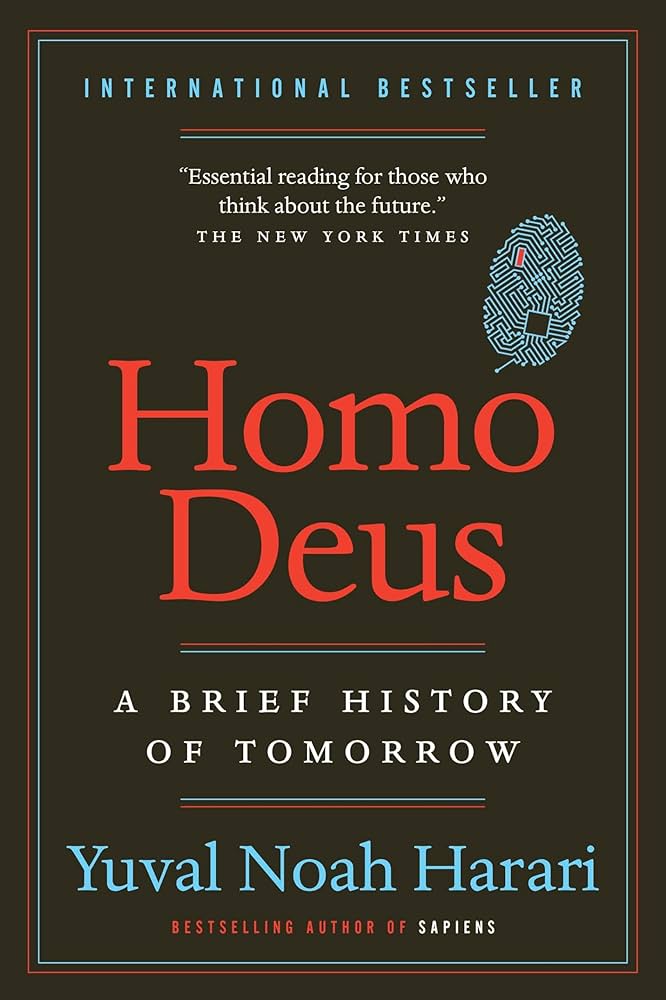Serendipity
[/ser-uhn-DIP-uh-tee/] noun
1.The occurrence and development of events by chance in a happy or beneficial way
Seen in

Homo Deus: A Brief History of Tomorrow
Yuval Noah Harari
"Though science owes a huge debt to serendipity, doctors don't just throw different chemicals into test tubes, hoping to chance upon some new medicine."At the age of 16, I stumbled upon a concept that forever altered my perspective on the world: the Law of Attraction. The idea that our thoughts and intentions have the power to shape our reality captivated me from the moment I first encountered it. Since then, I have been excited and overwhelmed by its power and the principles it abides by. Suffice to say I am a big fan - I've come to deeply use and appreciate the power of consciously attracting what I need and want, and I have pushed this same idea to a lot of people I know.
What truly captivates me though is the idea of attracting things unconsciously, of having the universe align with your needs even without any conscious effort. There's a delightful charm to stumbling upon something wonderful when you least expect it. And that's precisely what "serendipity' encapsulate - the art of finding something valuable or delightful by chance, without actively seeking it.
What is truly remarkable about the idea of serendipity, however, is its profound impact on human history. Several scientific breakthroughs, inventions, and discoveries own their existence to serendipitous moments. Take penicillin, for example, discovered by Alexander Fleming when he noticed mould growing on a forgotten Petri dish that seemed to inhibit the growth of the surrounding bacteria - this chance observation revolutionized medicine and saved countless lives. The microwave oven is another great example, and I find the story so interesting that I decided to add a full excerpt here:
Beyond scientific advancements, serendipity also shapes our personal journeys - the chance encounter that turns into a lifelong friendship, the unexpected opportunity that alters the course of our careers, or even the twists of fate that leads us to find our significant other. As we navigate this that we call "life", let us cherish the moments of serendipity that appear in our journey. For in those fleeting instances of chance is where we often find the most profound lessons, the deepest connections, and the greatest joys. And who knows? Your next serendipitous encounter might be just around the corner, waiting to unfold its magic in your life, and encouraging us all to embrace the unexpected with open arms.
Seen in

Homo Deus: A Brief History of Tomorrow
Yuval Noah Harari
"Though science owes a huge debt to serendipity, doctors don't just throw different chemicals into test tubes, hoping to chance upon some new medicine."